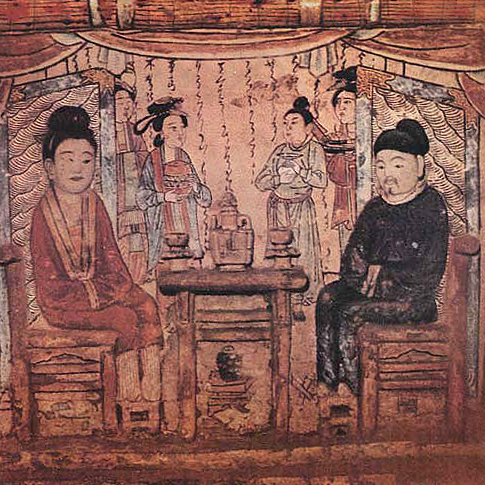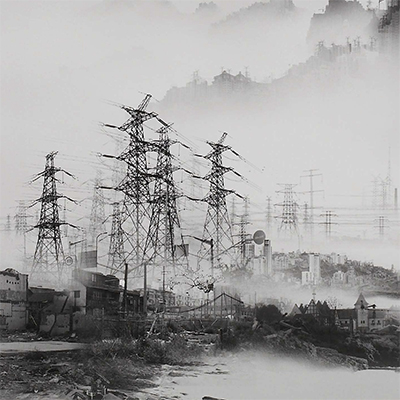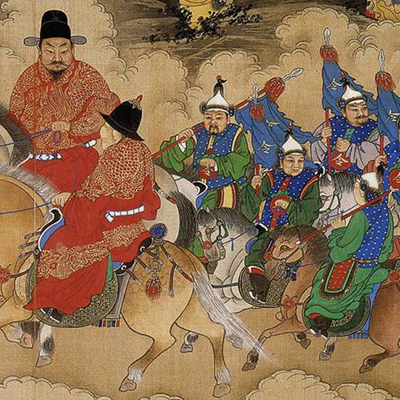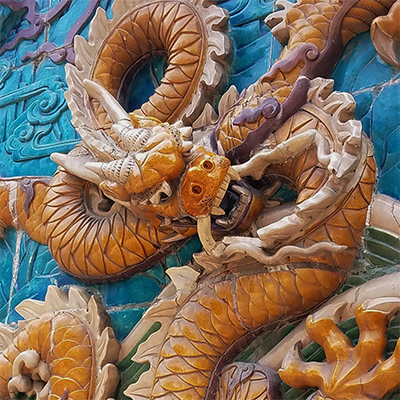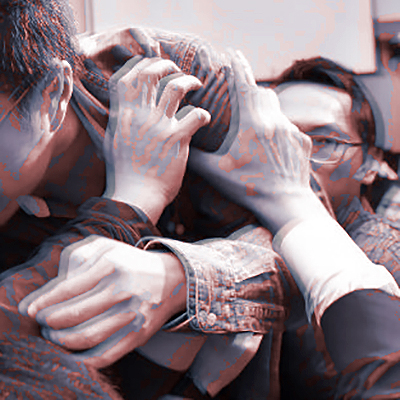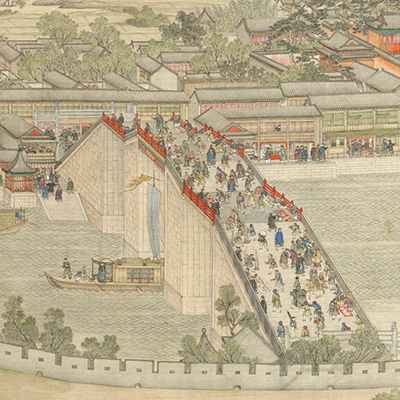
Communities in China: Ethics, Laws, and Politics
Longstanding moral visions in China describe the vital role that communities, ranging from families to the state, play in the construction of a good life. Communities define in- and out-groups, who qualifies as a stranger, and who fits comfortably within the trusted circle. Communities also define and embody various notions of justice (e.g., Confucian or socialist), which are sometimes codified in law and sometimes enshrined in lived practices.
Panelists contrast visions of the good life in communities in Early China and in today's PRC, using them as distinct vantage points from which to survey a web of interrelated issues relating to the moral imagination. They ask, What is justice and how is it negotiated between the state, families, and individuals? Beyond kinship, what are the basic preconditions for establishing trust and civility within society? What is the relationship between communities and traditions, and how old must those traditions be to command authority? According to various visions of the good life in Chinese history, what justifies exclusion and how do such tropes as nationalism, cosmopolitanism, exceptionalism, and assimilation figure in the various rationales? Do the theories and practices found in Chinese communities, past and present, differ substantially from those of their counterparts in Euro-America?
This event is part of a yearlong series grounded in the conviction that it has become essential for the United States to engage in dialogue with China. If we are not simply to challenge but to co-exist with China, we need a better understanding of the country’s complex contemporary reality — which in turn requires engagement with the longstanding historical and cultural roots from which today's reality has sprung. The series brings together Chinese and Western panelists to engage in cutting-edge dialogue on the history and current state of Chinese art, culture, and politics. Offering innovative, thoughtful approaches to the study of China, the conversations aim to provide rich intellectual resources as the US and China chart an unknown but surely entangled future.
In Dialogue with China: Art, Culture, Politics is organized by Michael Nylan (History) and Hans Sluga (Philosophy).
Participants:
Loubna El-Amine, assistant professor of political science at Northwestern University, is the author of Classical Confucian Political Thought: A New Interpretation (2015). Her current book project is entitled "Beyond Freedom and Slavery: Status and Membership in the Ancient Confucian Political Community."
Haiyan Lee is Walter A. Haas Professor of the Humanities and professor of East Asian languages & cultures and comparative literature at Stanford University. She is the author of several books, including the award-winning The Stranger and the Chinese Moral Imagination (2014), which argues that China's Confucian and socialist pasts are largely responsible for the contemporary moral crisis in China. Her forthcoming book is A Certain Justice: Toward an Ecology of the Chinese Legal Imagination (Chicago, 2023).
Interlocutors are Puck Engman (History) and Hans Sluga (Philosophy).
Companion Film Series
In conjunction with the Townsend Center events, UC Berkeley Art Museum and Pacific Film Archive presents the film series In Dialogue with China: Family, Memory, Resistance, and Change, focusing on the work of three contemporary Chinese filmmakers. See BAMPFA for tickets and more information.
